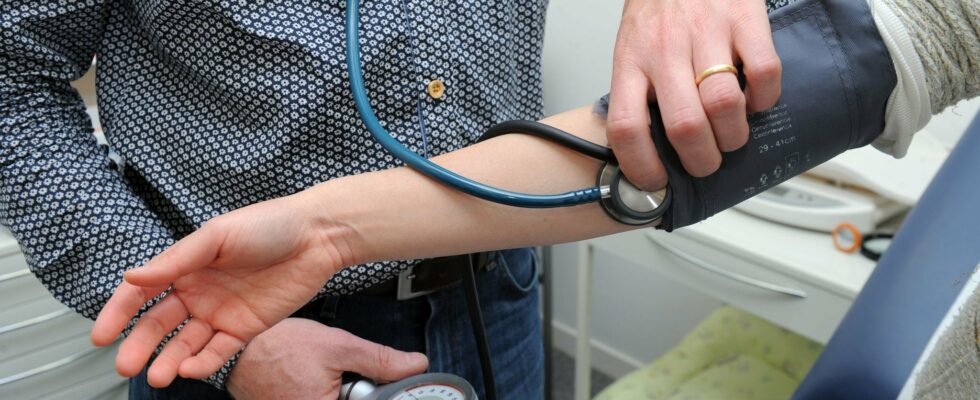Lifestyle habits, addictions, screening: 21 million French people are invited to make an appointment with a caregiver – doctor, midwife, nurse, or pharmacist – to carry out a free “prevention assessment”, a new system deployed by the health authorities, who are launching a public communication campaign this Monday, September 9. L’Express takes stock in three questions.
Who is concerned?
To benefit from it, you must be part of one of the four targeted age groups: 18-25 years, 45-50 years, 60-65 years, or 70-75 years, recall in a joint press kit the government, Health Insurance, Mutualité sociale agricole and Santé publique France.
These “key ages” correspond to times when it is appropriate to identify certain difficulties, such as mental health problems when entering working or student life, the onset of chronic illnesses (cancer, diabetes, etc.), or the risk of dependency, loss of autonomy and isolation.
To make the device known, health authorities are rolling out a multi-media communication campaign this week (posters, TV spots, radio, communication kits for professionals). Some 13.7 million French people will be directly invited by email by Health Insurance and the MSA. Specific actions must also be deployed for vulnerable populations and those far from care.
How does it work?
Announced in 2022 and initially expected for early 2024, this device tested in Hauts-de-France was finally generalized in June, but has yet to find its audience. It aims to “raise awareness, throughout life, of behaviors favorable to health”, in a context of aging of the population and explosion of chronic diseases which weigh on the finances of the health system.
In concrete terms, the insured person concerned makes an appointment with a doctor, midwife, nurse or pharmacist of their choice – who must be a “volunteer” – for a “prevention assessment” lasting 30 to 45 minutes. They fill out a self-questionnaire adapted to their age in advance, including questions about their history, habits (diet, physical activity, addictive behavior, etc.), possible symptoms, their mental state, and possible situations of violence experienced, particularly intra-family or professional.
How does the meeting with the caregiver take place?
During the appointment, the professional “ranks the risks”, suggests changes in behavior, possible analyses and, if necessary, directs the patient towards treatment. A “personalized prevention plan” is established and sent to the treating physician.
The caregiver is paid 30 euros (31.50 overseas), fully covered by health insurance. In certain specific situations, he may charge for an additional procedure, for example a smear test, a clinical examination or a vaccination procedure.
